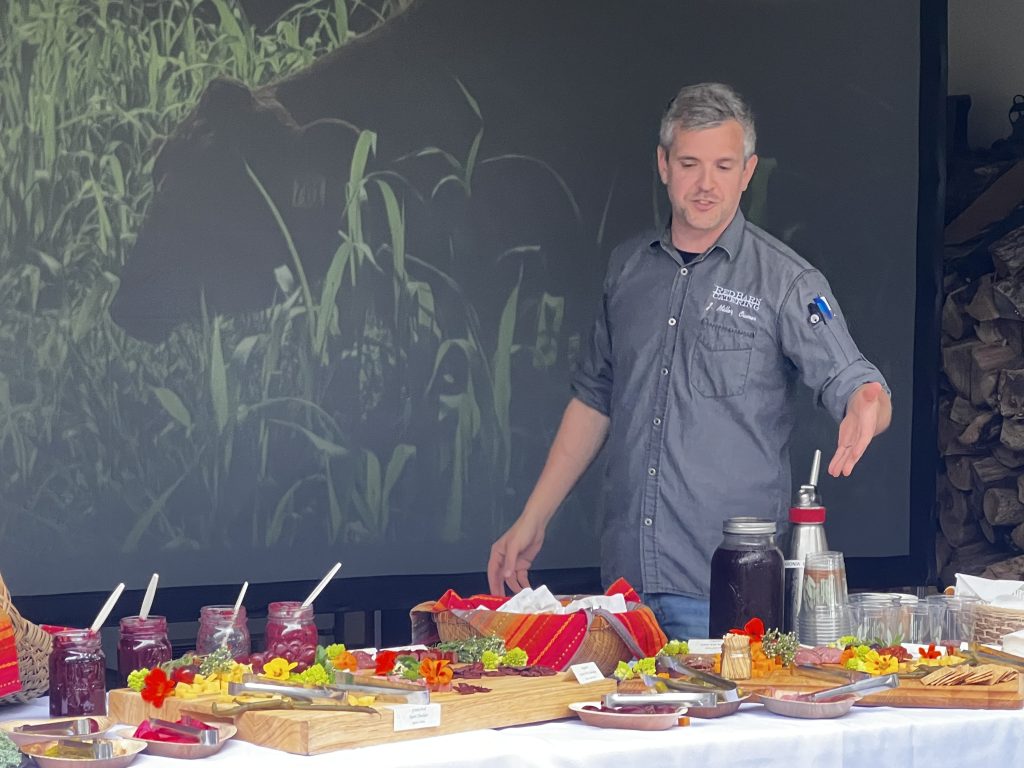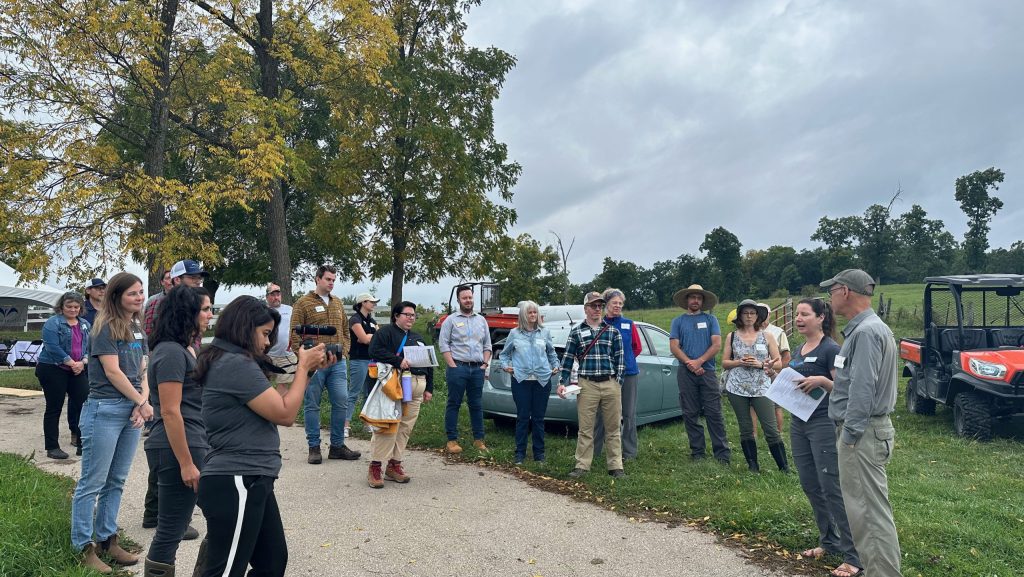When most people hear the term ‘Farm Bill,’ they might envision Willie Nelson performing at a Farm Aid concert. The iconic singer has been a vocal advocate for programs that assist our nation’s farmers on the famous concert circuit. However, the Farm Bill extends far beyond its role in supporting farmers; it profoundly impacts every individual in our country on a daily basis. Yet many are unaware of its pervasive influence on our daily lives.
The Farm Bill is a crucial package of legislation that provides stability to the agricultural sector, ensures a secure and affordable food supply for our nation, and supports sustainable farming systems that reduce the impacts of agriculture on our soil and water resources. The Farm Bill ‘s multifaceted legislation does not just affect farmers. By addressing the interconnected issues of food security, rural development, environmental sustainability, and public health, the Farm Bill is a cornerstone of societal well-being and plays a key role in shaping the future of agriculture and our environment in the United States.
Consisting of programs ranging from crop insurance and technical training for farmers to healthy food access for low-income families, the farm bill encompasses a diverse array of programs. This legislation sets the stage for spending over $425 billion on programs and payments in four policy categories: Nutrition, Crop Insurance, Conservation and Commodity Programs. As advocates for sustainable agriculture, resilient rural communities and natural resource protection, it is important that we understand how this legislation can positively impact farmers, consumers, and the environment.
The Nutrition title receives about 75% of total Farm Bill funding. Money in this policy category aims to address food insecurity and ensure access to nutritious food for low-income families. The Farm Bill’s crop insurance and commodity payment policies exist to provide a safety net for farmers experiencing unpredictable natural disasters or sudden drops in the price of the food they produce. Both the crop insurance programs and the commodity payment components of the package are highly contentious aspects of the Farm Bill. Their current structure inherently encourages land price inflation, environmentally damaging farming practices, farm consolidation, and inequitable access to crop insurance across farm types. Unfortunately, these complex programs and policies are intricately connected, making it very difficult to adjust them for equity and accessibility across all farm types and operators.

Over the last several Farm Bill cycles, groups like Clean Wisconsin have worked diligently to increase support for the Conservation Title of the Farm Bill. This title is the main funding mechanism for important federal programs like the Environmental Quality Improvement Program and the Conservation Security program that are designed to assist farmers in protecting soil health, water quality, and biodiversity. By addressing soil erosion, water pollution, and biodiversity loss, the legislation plays a crucial role in preserving natural resources and fostering a more resilient and ecologically sound agricultural system. The recent Congressional decision to extend the 2018 Farm Bill through September 2024 gives Clean Wisconsin and other advocates more time to push for expansion of important environmental provisions, benefits to rural communities, and equitable access to the resources included in this critical piece of federal legislation.

